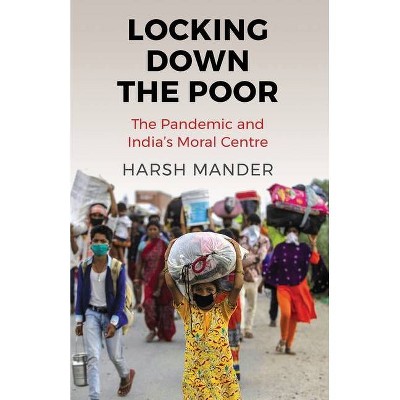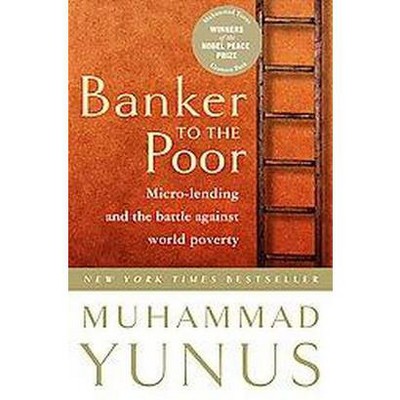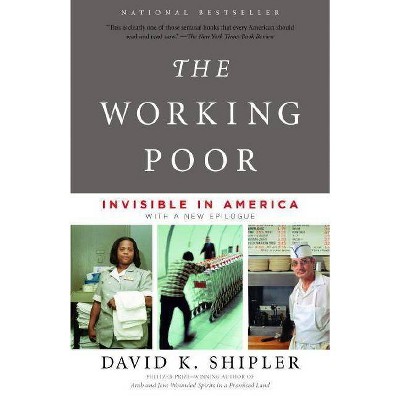Locking Down the Poor - by Harsh Mander (Paperback)

Similar Products
Products of same category from the store
AllProduct info
<p/><br></br><p><b> Book Synopsis </b></p></br></br><p>Description</p><p>In early 2020 the first cases of Covid-19 infection were confirmed in India, and</p><p>on 24 March the country's prime minister announced a nationwide lockdown, </p><p>giving the population of over 1.3 billion just four hours' notice. Within days, </p><p>it became evident that India had plunged into its biggest humanitarian crisis</p><p>since Partition. In this powerful book, Harsh Mander shows us how grave this</p><p>crisis was and continues to be, and why it is the direct consequence of public</p><p>policy choices that the Indian government made, particularly of imposing the</p><p>world's longest and most stringent lockdown, with the smallest relief package.</p><p>The Indian state abandoned its poor and marginalized, even as it destroyed their</p><p>livelihoods and pushed them to the brink of starvation.</p><p>Mander brings us voices of out-of-work daily-wage and informal workers, </p><p>the homeless and the destitute, all overwhelmed by hunger and dread. From</p><p>the highways and overcrowded quarantine centres, he brings us stories of</p><p>migrant workers who walked hundreds of kilometres to their villages or were</p><p>prevented from doing so and detained. He lays bare the criminal callousness</p><p>at the heart of a strategy that forced people to stay indoors in a country where</p><p>tens of crores live in congested shanties or single rooms with no possibility of</p><p>physical distancing, no toilets and no running water.</p><p>Combining ground reports with hard data, Mander argues with great clarity</p><p>and passion that India is in the middle of a humanitarian catastrophe, the</p><p>effects of which will be felt for decades</p><p><br></p><p><br></p><p><br>
Price History
Price Archive shows prices from various stores, lets you see history and find the cheapest. There is no actual sale on the website. For all support, inquiry and suggestion messagescommunication@pricearchive.us




















